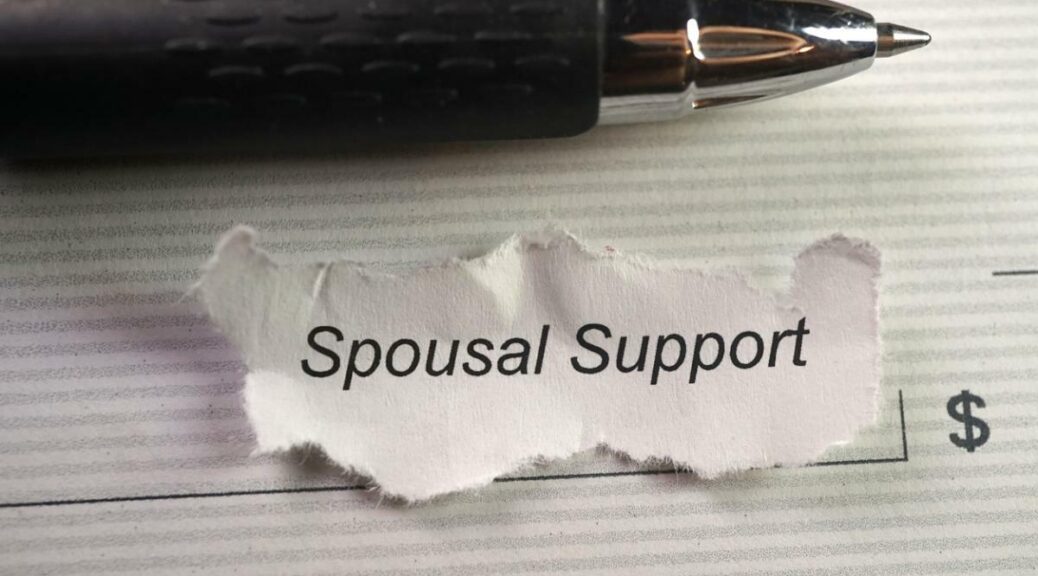In California, property division during a divorce can be complex and often contentious. The state follows the principle of community property, which stipulates that most assets and debts acquired during the marriage are owned jointly by both spouses. However, things can get particularly complicated when separate property becomes commingled with community property.
California Certified Family Law Specialist Judy L. Burger discusses how commingled assets affect property division for anyone navigating the divorce process in California.
What Are Commingled Assets?
Commingled assets arise when separate property—assets that one spouse owned before the marriage or received as a gift or inheritance during the marriage—becomes mixed with community property. For example, if one spouse has a savings account established before marriage and deposits the couple’s income into that account, the separate funds can become commingled. As a result, it may be challenging to distinguish between what belongs to whom during property division.
California law recognizes two categories of property in a divorce: community property and separate property:
- Community property includes everything acquired during the marriage, with some exceptions (inheritances and gifts, for example).
- Separate property is defined as property owned by one spouse prior to marriage or acquired after the separation, provided it is not mixed with community property.
In a divorce, the court aims to equally divide community property. This means understanding what constitutes community property versus separate property is essential. If separate property becomes commingled, it can be classified as community property, significantly affecting what is subject to division and how assets are split.
Challenges of Proving Ownership
One of the primary complications that arise from commingled assets is proving ownership. If separate assets have been mixed with community assets, it can be challenging to trace the origins of funds and determine the percentage that can be deemed the separate property of one spouse.
To navigate this challenge, parties may need to provide documentation, such as bank statements, transaction records, and other financial documentation, to show when and how the funds were used. This can lead to disputes and extended negotiations, especially if one spouse has significantly more documentation or information than the other.
Tracing the Asset
Tracing is a method used by courts and attorneys to determine the origin of commingled funds. To successfully trace assets, the following steps typically need to be taken:
- Establish the Separate Property: The spouse claiming separate property will need to demonstrate the original source of the asset. This could involve showing bank statements from before the marriage or documentation pertaining to an inheritance.
- Identify Commingling: Once the separate property is established, it’s necessary to identify when and how it was commingled with community property. This requires a detailed analysis of account records and transactions.
- Calculate the Proportions: After establishing the separate property, the next step is to calculate what portion of the commingled asset can be allocated to it. This often involves complicated formulas, especially when dealing with investments, real estate, or business interests.
Implications for Property Division
The complications arising from commingled assets can significantly impact how property is divided during a divorce. If a court determines that commingled assets have transformed separate property into community property, the originating spouse may lose their sole claim to the asset.
For instance, imagine a scenario where one spouse uses their separate funds to purchase a house, and over the years, both spouses contribute to mortgages and renovations. If the initial purchase was made with separate funds, it may still be considered community property based on subsequent contributions, leading to a complicated division of equity in the property.
Moreover, deliberately comingling assets in an attempt to cause confusion before a divorce could also be viewed as dissipation or wasteful misconduct.
Best Practices to Prevent Commingling
To avoid the complications associated with commingled assets, couples can take proactive steps, such as:
- Maintain Separate Accounts: Keep separate bank accounts for individual savings and earnings while using joint accounts strictly for shared expenses.
- Document Contributions: When making significant purchases or investments, maintain detailed records of who contributed what, which will help clarify ownership should a divorce occur.
- Prenuptial and Postnuptial Agreements: These contracts can clarify how assets will be divided and help mitigate disputes related to commingled property in the event of a divorce.
Get Experienced Help with Divorce Property Divisions in California
Commingled assets can complicate property division in California, so experienced help is crucial for anyone preparing for or undergoing a divorce. If you find yourself overwhelmed by these complexities, schedule a confidential consultation with CA Family Law Attorney Judy Burger. She can provide clarity and guidance to navigate the nuances of California property division laws effectively. Whether you are contemplating divorce or in the middle of the proceedings, being informed can empower you to safeguard your interests.











